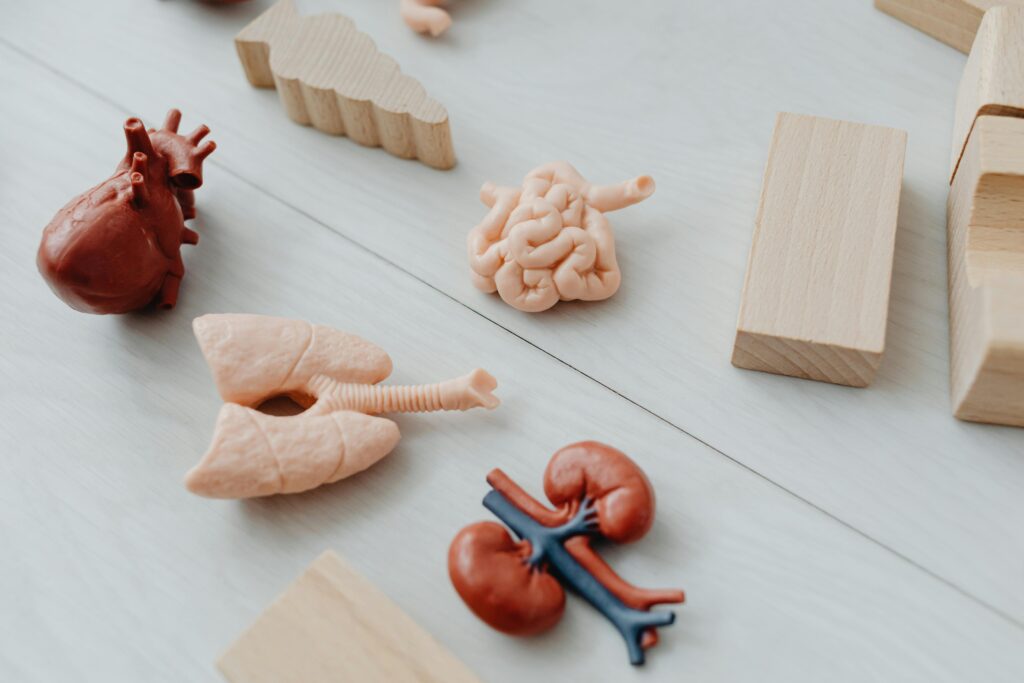
⚠️ Medical Disclaimer:
This article is for general informational purposes only. It is not a substitute for professional medical advice, diagnosis, or treatment. Always consult a licensed healthcare provider before attempting any home remedy, especially for a condition as serious as kidney stones. Self-treatment without diagnosis may be dangerous.
Introduction: Can Home Remedies Help with Kidney Stones?
Kidney stones are hard mineral and salt deposits that form in the kidneys and can cause intense pain when passing through the urinary tract. If you suspect you have kidney stones—or are experiencing symptoms like sharp lower back pain, nausea, or blood in urine—it is critical to consult a healthcare professional immediately.
This article explores home remedies that may help manage small kidney stones or support prevention. However, these should be used only under medical supervision and never as a substitute for professional diagnosis or treatment.
Understanding Kidney Stones
Kidney stones vary in type—such as calcium oxalate, uric acid, or struvite—and treatment depends on their composition and size. Home remedies may help in the early stages of small stones, but larger stones often require medical intervention, such as extracorporeal shock wave lithotripsy (ESWL) or surgery.
Potential Home Remedies (Backed by Limited Evidence)
Each remedy listed below includes safety notes and references where available. Always consult a doctor to confirm suitability.
1. Hydration (Water Intake)
What It May Help With:
Staying well-hydrated can help flush out small stones and prevent new ones from forming.
How:
Aim for 2.5 to 3 liters of water per day, unless otherwise advised by your doctor.
Scientific Support:
- National Kidney Foundation recommends increased fluid intake to dilute stone-forming substances. Source
Caution:
Excessive water intake may not suit people with kidney disease or heart issues.
2. Lemon Juice (Citrate Content)
What It May Help With:
Citric acid may help break down small stones and prevent them from forming.
How:
Mix the juice of ½ a lemon in warm water twice a day.
Scientific Support:
- Citrate binds with calcium, reducing stone formation risk. Source: American Urological Association
Caution:
- Acidic juices can erode tooth enamel and may worsen acid reflux (GERD).
- Not recommended for those with stomach ulcers.
3. Apple Cider Vinegar (ACV)
What It May Help With:
May assist in breaking down smaller stones due to acetic acid content.
How:
Mix 1–2 tablespoons of ACV in a glass of water once daily.
Scientific Support:
- Limited clinical evidence. Most claims are anecdotal. Some studies suggest acetic acid has potential stone-dissolving properties. Harvard Health
Caution:
- ACV can lower potassium levels and interact with diabetes or heart medications.
- May cause tooth erosion and stomach upset.
4. Basil Juice (Tulsi)
What It May Help With:
Used in traditional medicine; may support kidney health.
How:
Consume 1 tsp of basil juice or chew fresh leaves daily.
Scientific Support:
- Animal studies show potential diuretic properties. Human clinical evidence is minimal.
Caution:
- Long-term use may lower blood sugar or affect blood clotting.
- Avoid if pregnant or on anticoagulants.
5. Dandelion Root Tea
What It May Help With:
May act as a diuretic, increasing urine flow and flushing the kidneys.
How:
Drink 1 cup of dandelion root tea (from dried roots) once daily.
Scientific Support:
- Some studies indicate mild diuretic effects. Source: NCBI
Caution:
- Can interact with lithium, diuretics, and blood pressure medications.
- Not recommended for those with ragweed allergies.
Red Flag Symptoms: When to Seek Emergency Help
If you experience any of the following, seek immediate medical attention:
- Severe back or side pain that won’t subside
- Blood in urine (hematuria)
- Nausea or vomiting
- Painful or frequent urination
- Fever or chills (possible infection)
- Inability to pass urine
⚠️ Do NOT rely on home remedies if these symptoms are present. These may indicate a serious or obstructive stone requiring urgent treatment.
Prevention Tips: Beyond Remedies
While home remedies may help with small stones, long-term prevention involves lifestyle and dietary changes:
- Reduce sodium intake: High salt levels can increase calcium in urine.
- Limit animal protein: Excessive red meat can raise uric acid levels.
- Moderate oxalate-rich foods: Spinach, beets, and nuts can contribute to stone formation.
- Take prescribed supplements only with doctor’s advice.
Final Thoughts: Use Home Remedies Wisely
Kidney stones can be extremely painful and potentially dangerous. Home remedies may help in mild cases or as a preventive measure, but only when guided by a healthcare provider. Most importantly, underlying medical conditions must be ruled out before starting any self-care.
❗If you are experiencing symptoms of a kidney stone, don’t delay. Consult a urologist or nephrologist promptly.
References & Further Reading
- National Kidney Foundation
- American Urological Association Guidelines
- Harvard Health – Kidney Stones
- National Center for Biotechnology Information (NCBI) – Herbal Remedies
- Mayo Clinic: Kidney Stone Causes & Treatment
About the Author
Priya is a health content writer focused on researching medically reviewed information for general public awareness. He is not a medical professional. This article has been prepared for educational purposes and reviewed for accuracy with reference to publicly available clinical resources.









